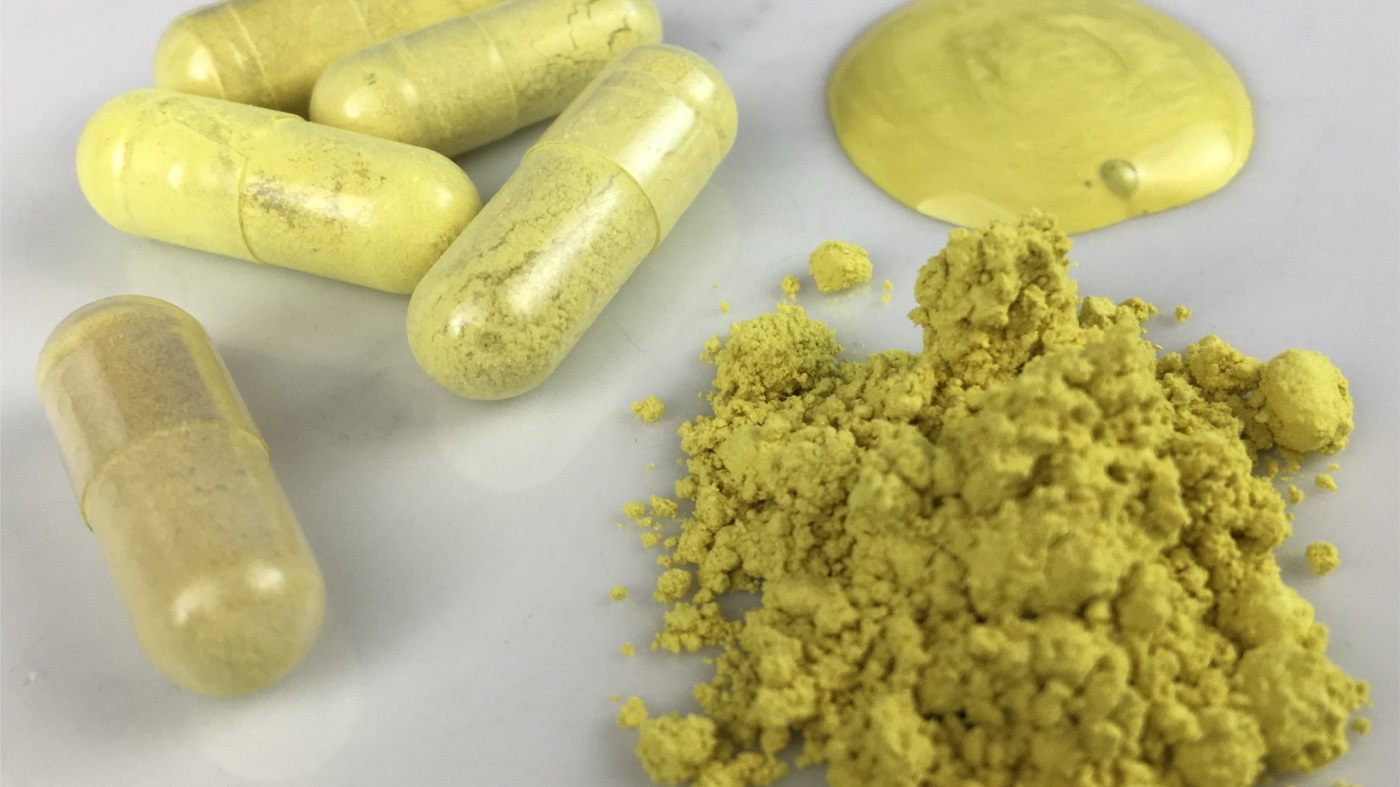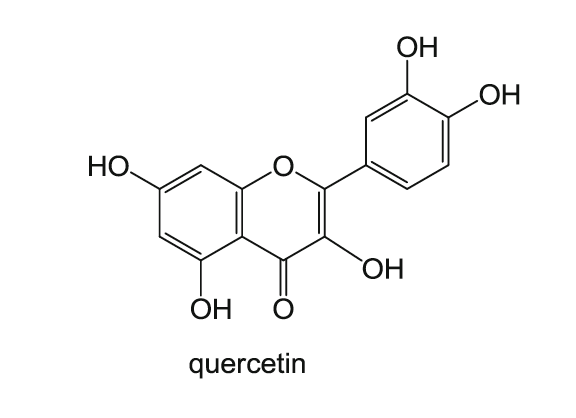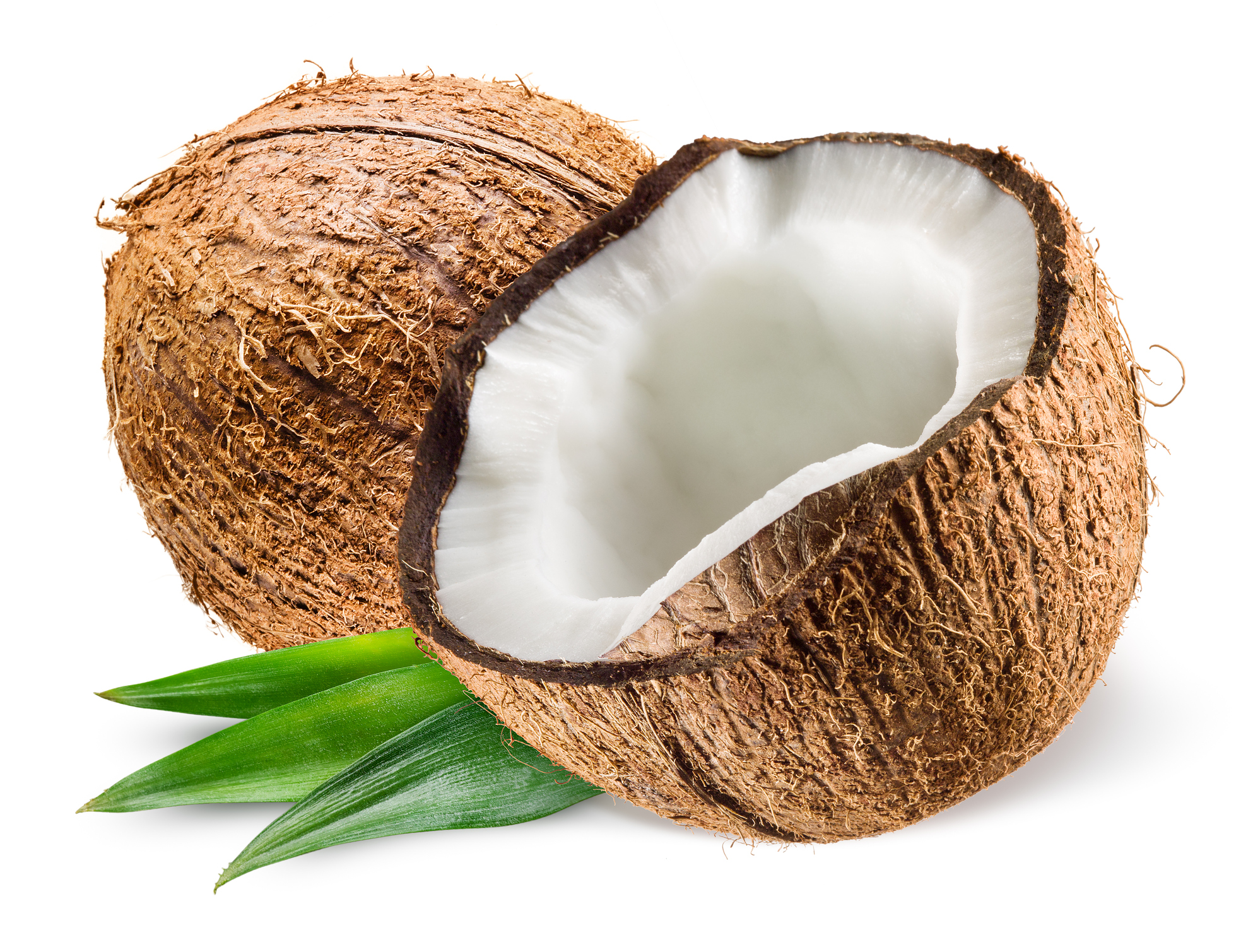In my observation, far too many people today are merely surviving instead of thriving. I attribute most of the erosion of well being and resilience—including the growing prevalence of chronic, degenerative diseases—to the increased stressors of contemporary society. Although the role of stress in disease has long been recognized, it is now more fully understood through the advances of scientific research.
Perhaps the biggest breakthrough in cancer has been the discovery of the relationship between the sympathetic nervous system and cancer growth and reoccurrence. This was first detected though observational research showing a strong association between cancer patients on beta-blockers and a reduction in reoccurrence rates, a slowing of cancer growth, and decreased angiogenesis. 1-6 Researchers studying the relationship of vagal nerve activity (measured through heart rate variability) and the neuro-modulation of tumors found improved overall survival rate in cancer patients when the parasympathetic nervous system (the system responsible for calming the body) is activated.7
These are exciting discoveries, and support my life’s work on the importance of using herbal adaptogens and nervines to help the body adapt to physical and emotional stressors. Neither disease nor treatment of disease, including natural approaches through health optimization, can be described in a linear reductionist model, which is what almost everyone attempts to do. It is the collective effect of the perturbations in multiple underlying networks that result in the symptoms of disease, thus effective treatment should be directed at strengthening and harmonizing all systems of the organism. Continue reading “Adaptogens – Essential Support for Restoration, Protection, Resilience, and Longevity”








